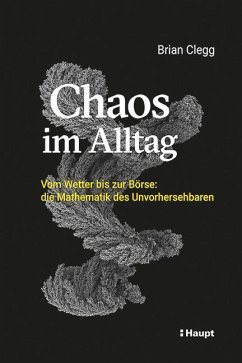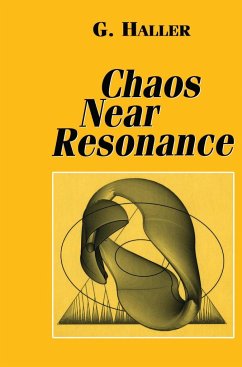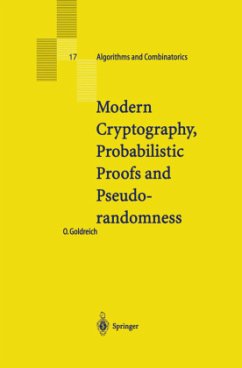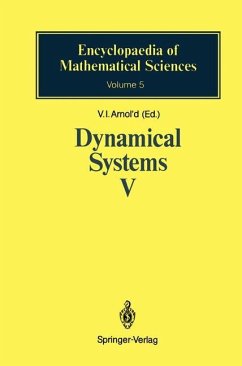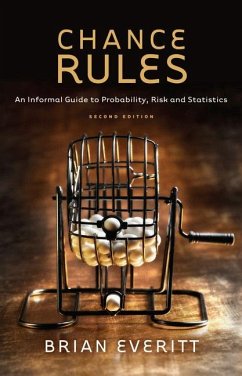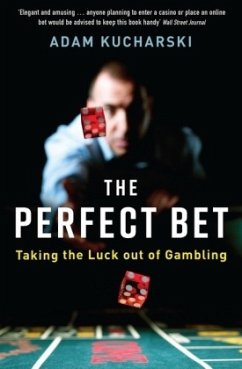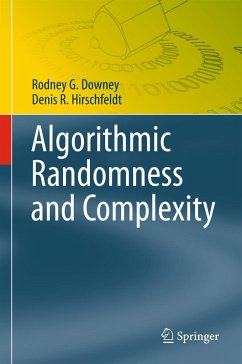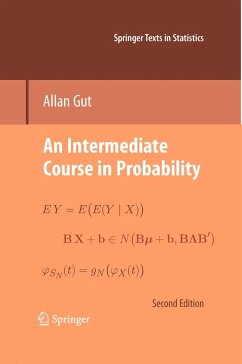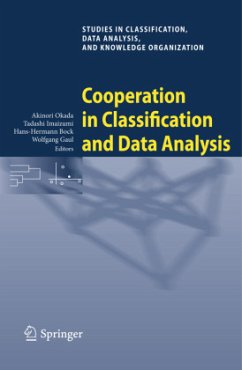
Chance
The Life of Games & the Game of Life

PAYBACK Punkte
10 °P sammeln!
Our lives are immersed in a sea of chance. Everyone's existence is a meeting point of a multitude of accidents. The origin of the word 'chance' is usually traced back to the vulgar Latin word 'cadentia', meaning a befalling by fortuitous circumstances, with no knowable or determinable causes. The Roman philosopher Cicero clearly expressed the idea of 'chance' in his work De Divinatione: For we do not apply the words 'chance', 'luck', 'accident' or 'casualty' except toanevent which hassooccurredorhappened that it either might not have occurred at all, or might have occurred in any other way. 2....
Our lives are immersed in a sea of chance. Everyone's existence is a meeting point of a multitude of accidents. The origin of the word 'chance' is usually traced back to the vulgar Latin word 'cadentia', meaning a befalling by fortuitous circumstances, with no knowable or determinable causes. The Roman philosopher Cicero clearly expressed the idea of 'chance' in his work De Divinatione: For we do not apply the words 'chance', 'luck', 'accident' or 'casualty' except toanevent which hassooccurredorhappened that it either might not have occurred at all, or might have occurred in any other way. 2.VI.15. For if a thing that is going to happen, may happen in one way or another, indi?erently, chance is predominant; but things that happen by chance cannot be certain. 2.IX.24. Ina certain sensechance isthespiceoflife. Iftherewerenophenomena with unforeseeable outcomes, phenomena with an element of chance, all temporal cause-e?ect sequences would be completely deterministic.





